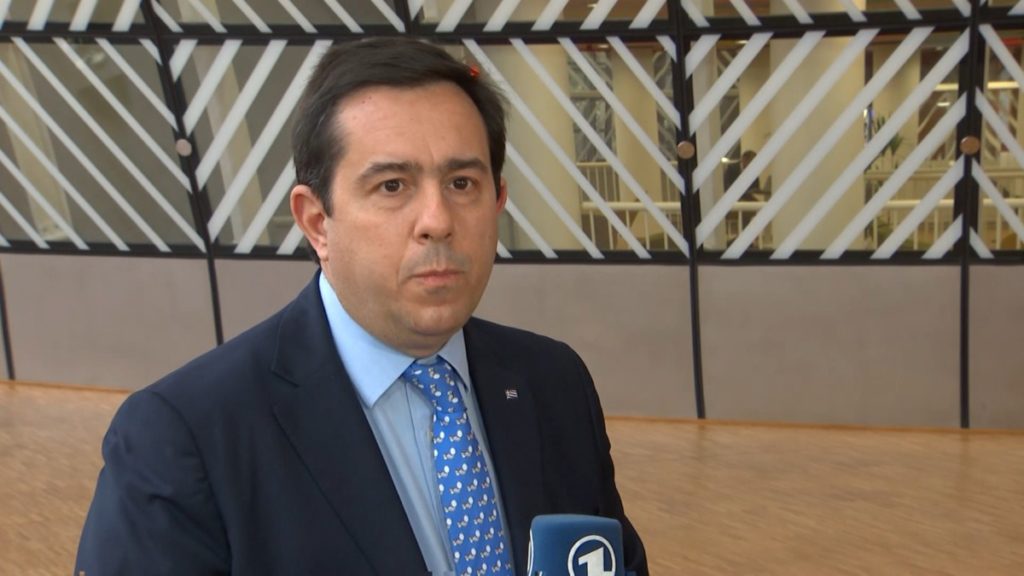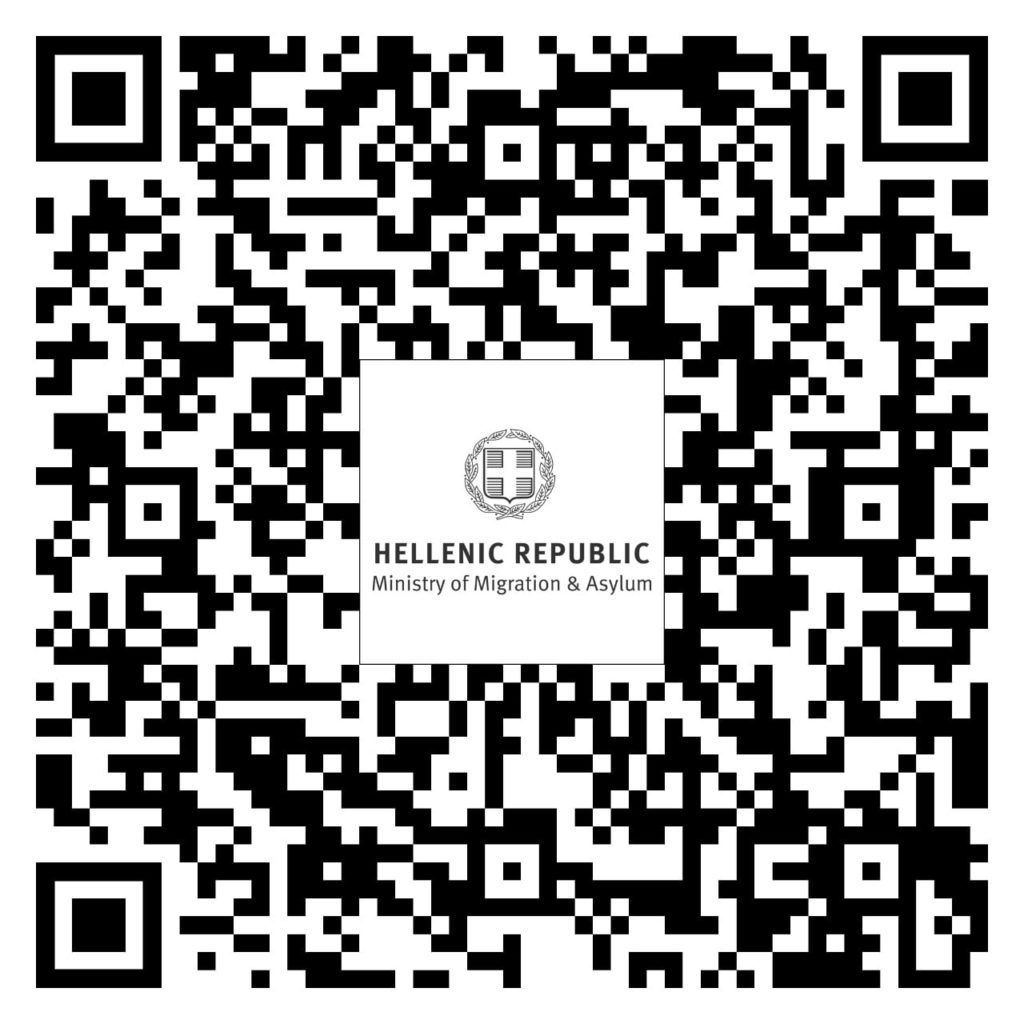Participation of the Minister of Μigration and Asylum Mr. Notis Mitarachi in the Extraordinary Council of EU Ministers of Home Affairs
The Minister of Migration and Asylum, Mr. Notis Mitarachi, participated today, in the extraordinary Council of EU Ministers of Home Affairs, which took place in Brussels.
Τα κυριότερα θέματα στην ημερήσια διάταξη ήταν ο καλύτερος συντονισμός στην διαδικασία υποδοχής των εκτοπισθέντων που εγκαταλείπουν την Ουκρανία, η υλοποίηση της υλικής και χρηματοδοτικής στήριξης των κρατών μελών, η υποδοχή προσφύγων από τη Δημοκρατία της Μολδαβίας, θέματα ασφάλειας, καθώς και ο έλεγχος των εξωτερικών συνόρων. Ο Υπουργός Μετανάστευσης και Ασύλου κ. Νότης Μηταράκης, προσερχόμενος στη συνεδρίαση προέβη στην ακόλουθη δήλωση:
"Greece already hosts 15,000 displaced Ukrainians. Today, we started the registration for the issuance of temporary protection ID cards, tax registration number and social security registration number, so that we can be a hospitable country for the people who were forced to leave their homes due to the Russian invasion. Although, we must remember that it is not the only migration crisis. Europe is still experiencing flows from different regions. We must, therefore, continue to support the host countries to make progress on the new Migration and Asylum Pact and to have the appropriate financial tools to enable the Member States to meet the challenges."
Mr. Mitarachi was asked by journalists, if Greece intends to host more displaced Ukrainians, he replied: “Absolutely. We have already accepted 15,000 people. Today, we have started issuing temporary temporary protection ID cards, tax registration number, motivating them for work, providing food and accommodation to people coming from Ukraine. When Greece requested for solidarity in the past, it was offered. Now, in our turn, we stand ready to provide solidarity to those mostly affected by the crisis.”
In a following question regarding Greece’s stance on mandatory relocation, the Minister for Migration and Asylum made clear that: “During the previous migration crisis we were talking about a mandatory relocation mechanism and that has been the position of the Mediterranean countries, if it is decided, today, we will agree”.


